The following is an abbreviated excerpt from my novel. Near the beginning, my young narrator, Brooklyn goes to her Uncle Max’s bar on the boardwalk (picture the Atlantis Bar from my previous blog). She’s looking for Lenny, the sleazy crooner who sang her a secret warning, but instead finds Mississippi.
I heard music seeping out, but it wasn’t Lenny. It was a deep twangy guitar and a man’s gravelly voice like nothing I’d ever heard before.
Well, I’m a pooooor boy, a long way from home
I’m such a pooooor boy, a long way from home
I’m headed someplace, where I’ll never be alone…
The song seemed to come from a different world, somewhere hotter and harder and slower than New York. It pounded in my blood. I never thought I’d hear a better singer than Lenny, but I was listening to one now.
I cracked the accordion doors open and peeked in. I could just make out the singer in the crimson light of the EXIT sign. He was sitting at one of the tables in the back, picking a guitar…
I pulled the doors open a little more. As my eyes got accustomed to the darkness things got clearer—stools upturned on the horseshoe-shaped bar, baby grand on the stage, microphone on its stand, everything washed in crimson light…
Turns out, in my novel, all the big shots in the afterlife are Singers.
When I was growing up in the 1950s there was a lot of impromptu music on the boardwalk. Most of it by immigrants from Central and Eastern Europe. These weren’t buskers looking for donations but people singing and playing just for the joy of it.
Brighton Beach and Coney Island also spawned a number of famous singers: Neil Sedaka, Neil Diamond, the Tokens.
When I was sophomore at Abraham Lincoln High School in 1961 my friends and I could hardly believe the Tokens were white they were so good, let alone neighbors. Two of them, thirteen-year-old multi-instrumentalist Mitch Margo and his baritone brother Phil lived right across the street from the school! You might remember their biggest hit, “The Lion Sleeps Tonight.”
Another luminary was Doc Pomus, born Jerry Felder, a Jewish blues singer like my little heroine. He had polio as a child and had to use crutches. If anyone had the right to sing the blues, he figured it was him. Besides performing he co-wrote such hits as “Save the Last Dance For Me” and “This Magic Moment.”
Of the singers I’ve mentioned, the most influential in my story and in the world is Woody Guthrie, who lived on Mermaid Avenue. His stay in Coney Island marked his most prolific period as a song writer. He used to collaborate with his mother-in-law, Yiddish poet Aliza Greenblatt. He was a strong influence on the singing cowboy from Brooklyn, Ramblin’ Jack Elliot and, of course, Bob Dylan. The Klezmatics’ 2006 album, Wonder Wheel consists of songs with Guthrie’s lyrics.
One reason I wanted to write about blues singers is that I’ve been living in Memphis, Tennessee since 1992 and the blues is my favorite kind of music.
Unlike my talented young narrator my singing voice is abysmal. Having said that, I must admit that writing songs for this novel and singing them in the shower where it can’t hurt anyone, has kept me happy. I’m humming one right now.
Many thanks to my friends at the We Grew Up in Brighton Beach…Facebook pages for all your insider information and Wikimedia Commons for the public domain photographs.
Some songs to listen to:
Peetie Wheatstraw—Blues Legend, Devil’s Son-in-Law:
http://youtu.be/F5Ac24bdUFM?list=RDF5Ac24bdUFM
Eleven-Year-Old Tina Siciliano, Too Young to Sing the Blues:
The Tokens, The Lion Sleeps Tonight, 1961:
Doc Pomus, Call for the Doctor (1950s?):
Woody Guthrie, All You Fascists Bound to Lose (1940s?):
The Klezmatics, Gonna Get Through this World, by Woody Guthrie, 2006:

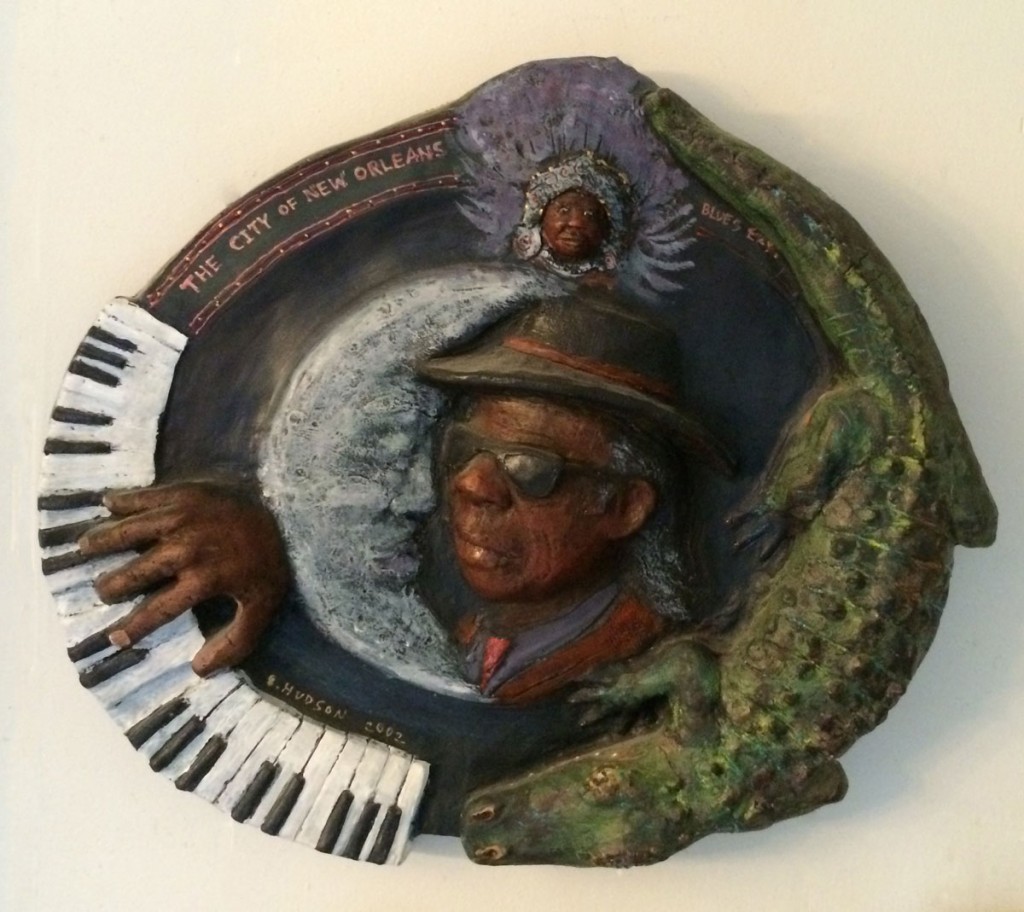
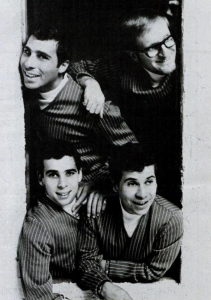
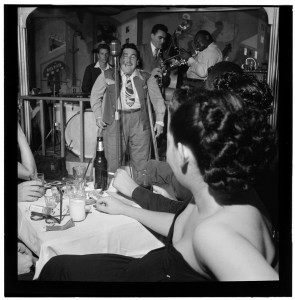
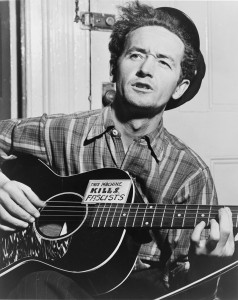
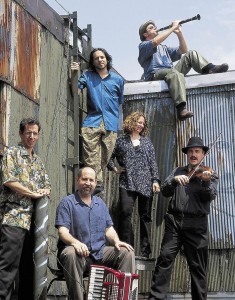







4 comments